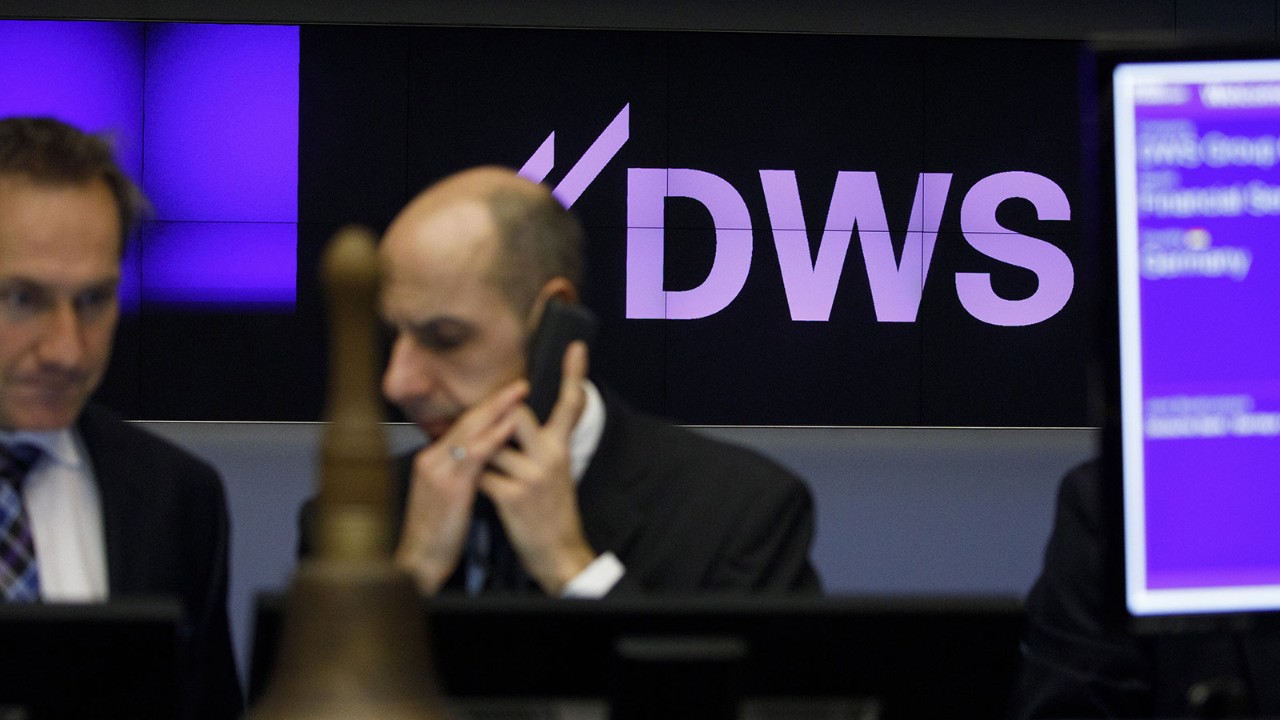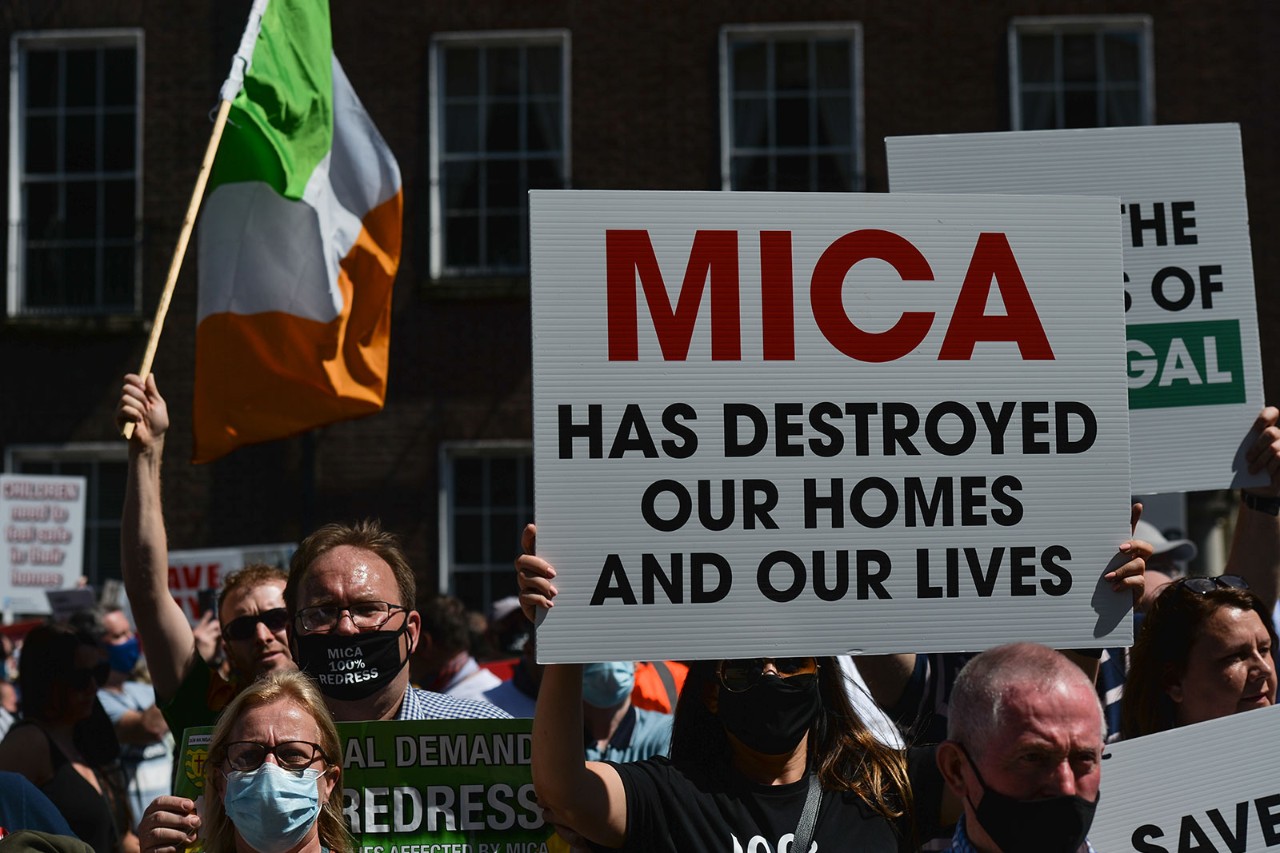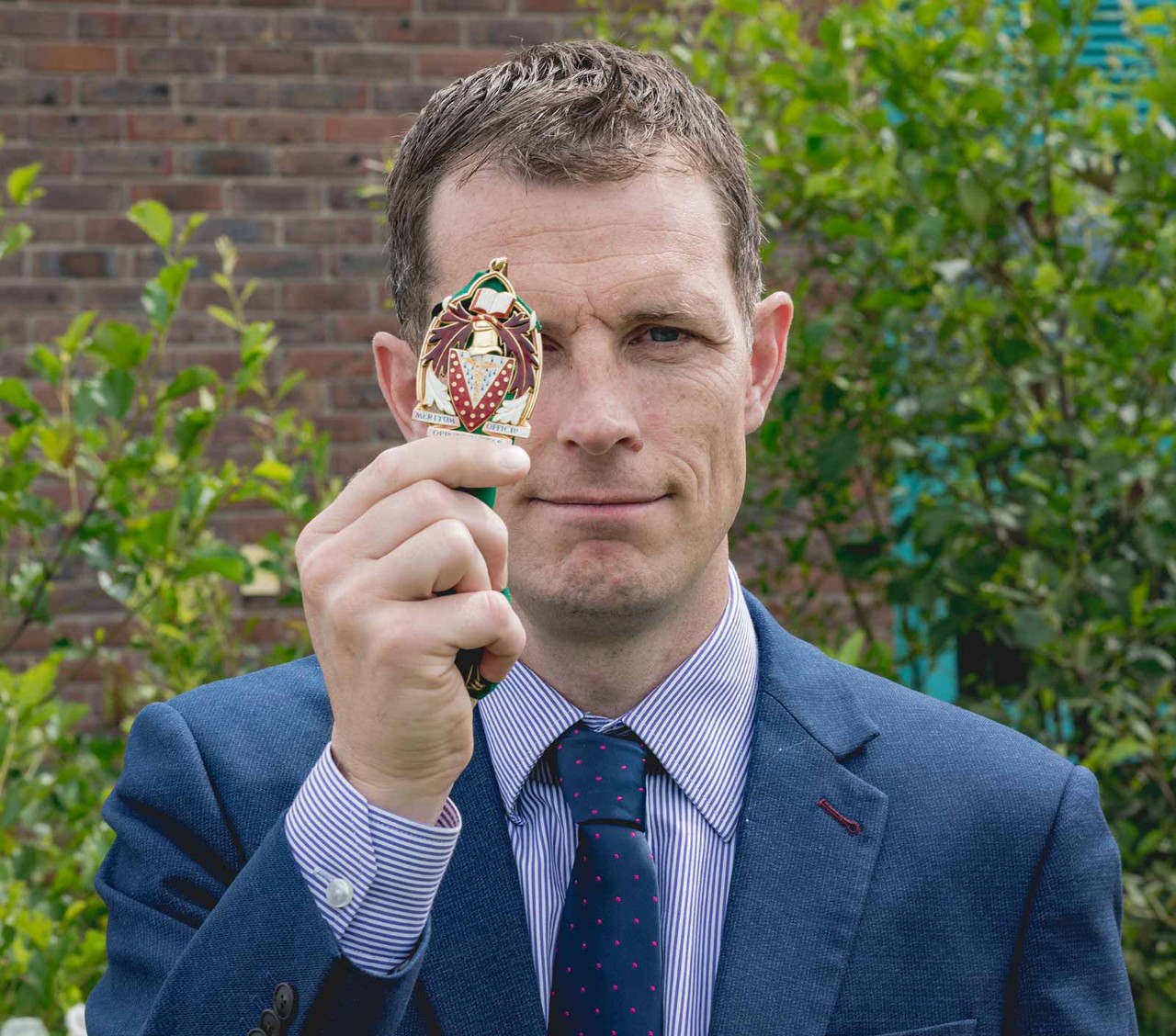
DWS Group, the giant German asset management company, found itself at the centre of an alleged greenwashing scandal in August after a whistleblower claimed that half of its US$900bn assets did not meet sustainable investment criteria, despite the company reporting in its accounts that they did.
DWS issued a strong rebuttal to the claims that it was under investigation, but the damage was done, with a sharp plunge in its share price and the company dealing with a flurry of negative media headlines.
As companies scramble to brandish their environmental, social and corporate governance (ESG) credentials, when it goes wrong the fallout can be heavily damaging. Whatever the finer details of DWS’s issues, it will follow the standard corporate playbook in its response.

Reputations, which can take years to build, can be shredded in hours thanks to social media
Inadequate reaction
I’ve written quite a bit about corporate culture over many years, usually prompted by something a company has done that lands them in the news for all the wrong reasons. With the exception of very few, I’ve yet to find many that do not compound their woes by an inadequate reaction.
It matters more now as reputations, which can take years to build, can be shredded in hours thanks to social media. The speed at which news moves makes it more important now that companies do not compound their problems by failing to take responsibility.
Countless business and political scandals follow a similar process of unfolding. The problem will emerge or be revealed by the media. The first response is usually to deny there is any problem at all. That will be followed by partial admission that actually there was an issue.
Next comes the longer, more detailed explanation of events that confirms what everyone knew, and eventually the half-hearted apology for any offence caused.
Glib response
It is the latter that usually makes the situation much worse. In almost two decades working in the media, I’ve still not seen a successful conclusion to a scandal by using the dreaded 'sorry-for-any-offence-caused' line. It has become such a glib response that carries neither the acknowledgement of error nor any contrition.
And still companies deploy it to defend themselves. Part of why trust can be eroded so quickly is by failing to actually say the word sorry and mean it. Companies are loath to admit they get things wrong from time to time. Ironically, the advent of ESG investing is meant to show that business leaders have wider responsibilities for how their company acts than managing the bottom line.
When I asked a PR who advises many household-name listed companies why there is a reluctance to say sorry, the response was that some CEOs, guided by legal and compliance staff, are wary of making any admissions of liability and have a naivety that the problem will just go away. It perhaps goes a little deeper in that some just refuse to acknowledge they are fallible!
Next time you observe a crisis unfold, watch the steps being followed and see how they fail to quell the damage. If only the organisation had simply said sorry without qualifying it, would the outcome have been different? And isn't that the first step in thinking about how to do things differently?
More information
Visit ACCA’s sustainable resources to find out more about the issues relating to sustainability, the impact on organisations and the part you can play




